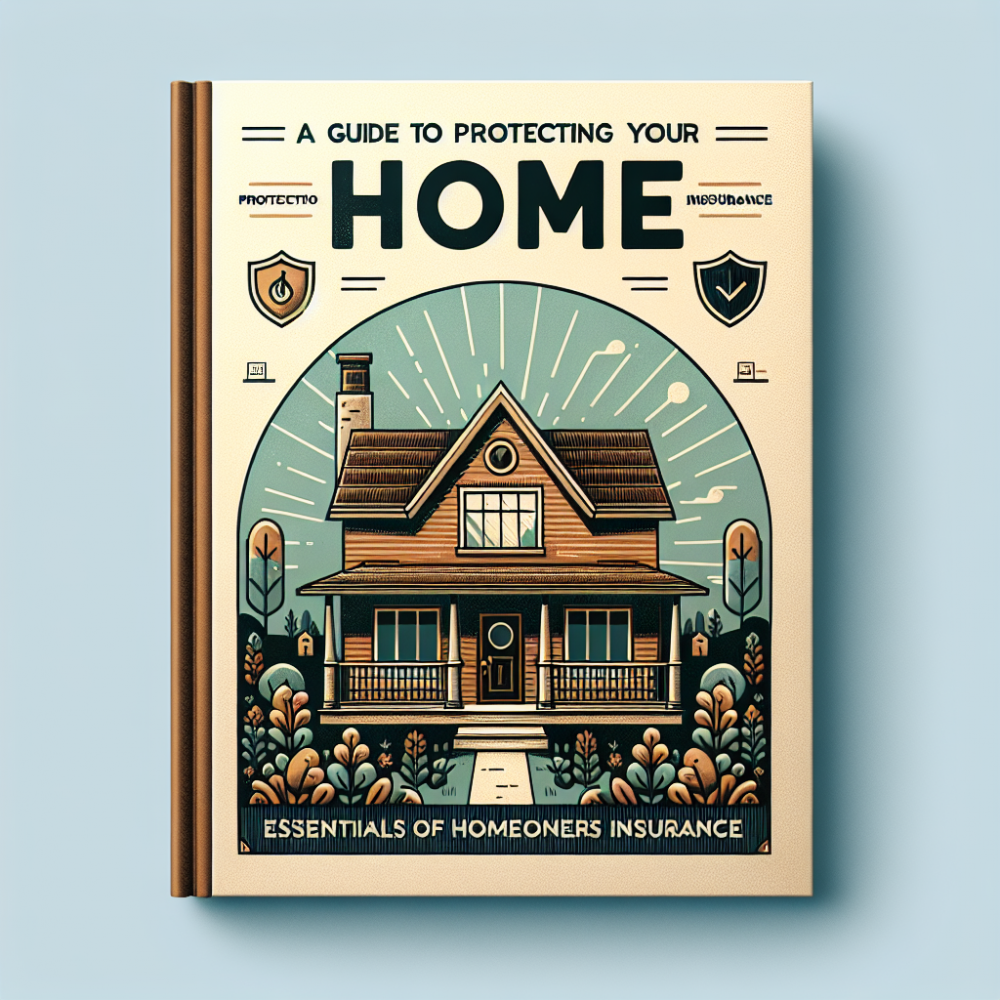A Guide to Protecting Your Home: Essentials of Homeowners Insurance

Posted on: Monday, March 4th, 2024
Homeowners insurance serves as a critical safeguard for your most valuable asset, offering financial protection against unforeseen events and disasters. It not only covers the repair or replacement of your home's structure but also provides liability coverage for injuries that may occur on your property. Understanding the different coverage options and ensuring you have adequate protection can significantly mitigate the financial impact of disasters. As the real estate market and environmental conditions evolve, keeping your policy up-to-date is more important than ever to ensure it matches the current value and risks associated with your home.
1. Understand Your Coverage Needs: Start by assessing the unique aspects of your home and location to determine the specific types of coverage you need. Factor in the risks associated with your geographical area, such as floods, earthquakes, or hurricanes, as these often require additional policies.
2. Know the Difference Between Replacement Cost and Actual Cash Value: Replacement cost policies cover the amount it would take to replace your home or possessions at present-day prices, whereas actual cash value policies take depreciation into account. Opting for replacement cost coverage can provide more comprehensive protection.
3. Inventory Your Possessions: Keeping a detailed inventory of your possessions, including their approximate value and any purchase receipts, can expedite the claims process and ensure you receive adequate compensation for losses.
4. Look for Discounts: Many insurers offer discounts for multiple policies, security systems, smoke detectors, and other measures that reduce the risk of damage or theft. Inquire about available discounts to lower your premiums.
5. Liability Coverage Is Crucial: Liability coverage protects you in case someone is injured on your property. It can cover legal fees and medical expenses, offering significant financial protection beyond just your property.
6. Consider Additional Living Expenses Coverage: This coverage can be a lifesaver if your home is uninhabitable due to a covered loss, covering hotel stays, meals, and other expenses.
7. Review and Update Your Policy Annually: As your life changes, so do your insurance needs. Regular reviews of your policy ensure that coverage amounts are in line with current needs and that you're not underinsured.
8. Know Your Deductibles: Higher deductibles can lower your premium, but make sure they're at a level you can afford in case of a claim. Understanding this balance is key to effective coverage.
9. Understand Policy Exclusions: Every policy has exclusions, such as wear and tear, neglect, or governmental action. Being aware of these can help you take preventive measures or consider additional policies where needed.
10. Shop Around: Don't settle for the first quote you receive. Comparing policies from multiple insurers can help you find the best coverage at the most affordable price, while also assessing the insurer's customer service and claims process.
In summary, homeowners insurance is an essential investment for protecting your home and financial well-being. By understanding your coverage needs, staying informed about policy details, and regularly reviewing your policy, you can ensure that you're adequately protected against the unexpected. Remember, peace of mind comes from knowing you and your home are well-insured.